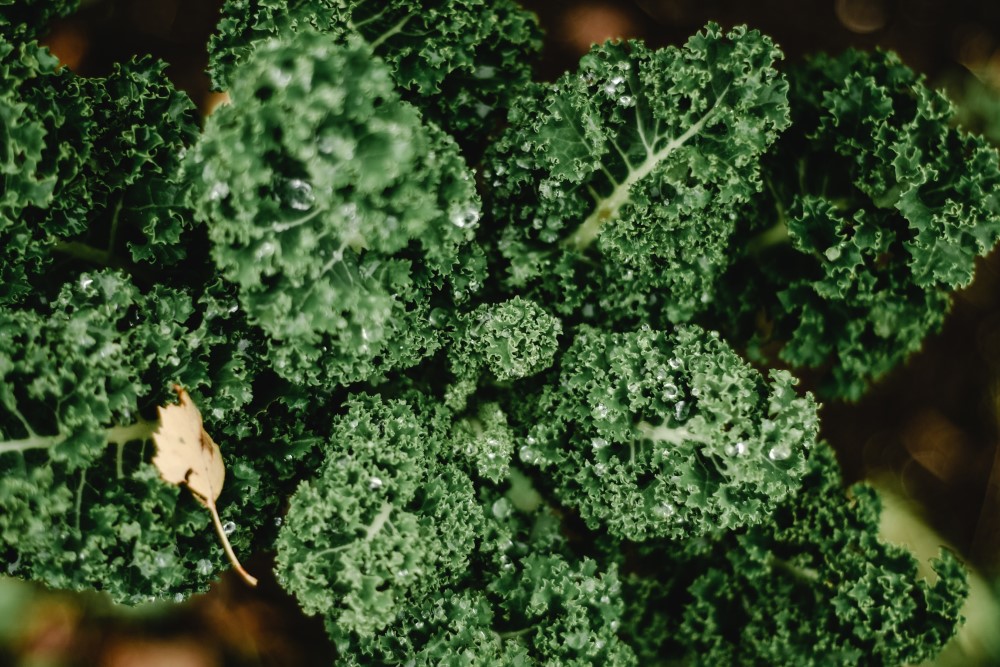
Magnesium is an essential mineral that plays a crucial role in many bodily functions. It is involved in the maintenance of healthy bones and teeth. Magnesium is also involved in energy production, in addition to muscle and nerve function. It also plays a key role in maintaining healthy heart function, regulating blood pressure, and preventing diabetes.
One of the lesser-known benefits of magnesium is its ability to prevent headaches. Studies have shown that people who suffer from migraines often have lower levels of magnesium in their bodies. This has led researchers to investigate whether increasing magnesium intake could help prevent migraines.
Research has shown that taking magnesium supplements can help reduce the frequency and severity of migraines in some people. In addition, some studies have found that magnesium supplements may also be effective in treating tension headaches and other types of headaches.
One theory is that magnesium helps prevent headaches by relaxing the blood vessels in the brain. When blood vessels in the brain become constricted, it can lead to headaches and migraines. By relaxing these blood vessels, magnesium may help prevent headaches from occurring.
In addition to preventing headaches, magnesium is also important for overall health and well-being. It is involved in many bodily functions and plays a crucial role in maintaining optimal health. If you are concerned about your magnesium intake or are experiencing headaches, talk to your doctor about whether magnesium supplements may be right for you.
While magnesium is found in many foods, some are particularly rich sources. Here are some of the best foods to include in your diet to boost your magnesium intake:
- Dark Leafy Greens
Dark leafy greens, such as spinach, kale, and collard greens, are excellent sources of magnesium. These vegetables are also packed with other important nutrients, such as vitamin K, vitamin C, and iron. - Nuts and Seeds
Nuts and seeds, such as almonds, cashews, pumpkin seeds, and sunflower seeds, are rich sources of magnesium. They are also high in healthy fats and protein, making them a great snack option. - Whole Grains
Whole grains, such as brown rice, quinoa, and oats, are also good sources of magnesium. These foods are also high in fiber, which can help support healthy digestion. - Legumes
Legumes, such as black beans, chickpeas, and lentils, are another good source of magnesium. They are also high in protein, fiber, and other important nutrients, making them an excellent addition to any healthy diet. - Avocado
Avocado is a delicious and nutritious fruit that is also a good source of magnesium. It is also high in healthy fats and fiber, making it a great addition to salads, sandwiches, and smoothies. - Dark Chocolate
Dark chocolate is a tasty treat that is also rich in magnesium. It is also high in antioxidants and other beneficial compounds, making it a healthy indulgence in moderation. - Fatty Fish
Fatty fish, such as salmon, mackerel, and sardines, are rich sources of magnesium and other important nutrients, such as omega-3 fatty acids. These foods are also low in saturated fat and high in protein, making them an excellent addition to any healthy diet. - Bananas
Bananas are a delicious and convenient snack that is also a good source of magnesium. They are also high in other important nutrients, such as potassium and vitamin C. - Tofu
Tofu is a versatile and healthy source of vegetarian protein that is also a good source of magnesium. It is also low in fat and calories, making it a great addition to stir-fries, salads, and sandwiches. - Yogurt
Yogurt is a delicious and nutritious dairy product that is also a good source of magnesium. It is also high in protein and other important nutrients, making it a great option for breakfast, snacks, and desserts. - Whole Wheat Bread
Whole wheat bread is a great source of magnesium, as well as other important nutrients, such as fiber, protein, and B vitamins. It is a healthier alternative to white bread and can be used to make sandwiches, toast, and other baked goods. - Brown Rice
Brown rice is a whole grain that is also a good source of magnesium. It is also high in fiber, B vitamins, and other important nutrients, making it a great addition to any healthy diet. - Edamame
Edamame is a tasty and nutritious snack that is also a good source of magnesium. These young soybeans are high in protein, fiber, and other important nutrients, making them a great addition to salads, stir-fries, and other dishes. - Figs
Figs are a sweet and delicious fruit that are also a good source of magnesium. They are also high in fiber, potassium, and other important nutrients, making them a healthy snack option. - Artichokes
Artichokes are a unique and flavorful vegetable that are also a good source of magnesium. They are also high in fiber and other important nutrients, making them a great addition to salads, dips, and other dishes. - Pumpkin
Pumpkin is a versatile and nutritious vegetable that is also a good source of magnesium. It is also high in fiber, vitamin A, and other important nutrients, making it a great addition to soups, stews, and other dishes. - Brussels Sprouts
Brussels sprouts are a nutritious and flavorful vegetable that are also a good source of magnesium. They are also high in fiber, vitamin C, and other important nutrients, making them a great addition to roasted vegetable dishes, stir-fries, and other recipes. - Blackberries
Blackberries are a delicious and nutritious berry that are also a good source of magnesium. They are also high in fiber, vitamin C, and other important nutrients, making them a great addition to smoothies, yogurt, and other dishes.
Overall, including a variety of magnesium-rich foods in your diet is important for maintaining optimal health. By incorporating these foods into your meals and snacks, you can help support healthy muscle and nerve function, energy production, and bone health, among other benefits.